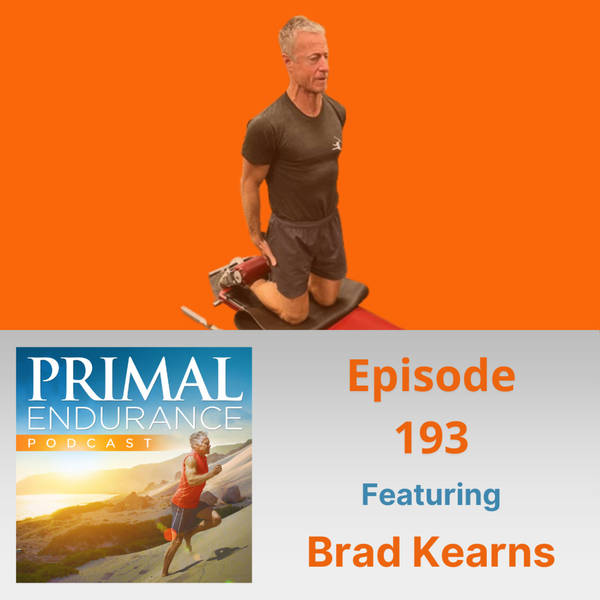
Overtraining, Part 1: Understanding The Stress Response And Overtraining Risks
Welcome to a three-part presentation that walks you through every aspect of overtraining.
You will hear an overview of how the stress response occurs in the body, and how it affects it; as well as the ways that the nature and pacing of hectic, high stress modern life have resulted in a terrible disconnect from our human genetic expectations for health. You’ll also learn just how much our ruminating minds can actually contribute to burnout, just like stressful personal or work circumstances or overly-stressful training patterns. You’ll also hear about the state of “overreaching”—a precursor to overtraining where you are capable of peak performance, but running on borrowed time and headed straight for burnout.
TIMESTAMPS:
In our athletic endeavors, it is easy to make both simple and complex mistakes that can set you back. [00:24]
If we think a negative or fearful thought, we can elicit a stress response in the body. Stimulus, perception, and response are the three aspects of stress. [01:27]
We don’t want to have a fight or flight response every single day. [03:28]
Our body always want to regulate itself. [07:19]
Too little stress is unhealthy and leads to boredom and malaise. [09:46]
Generally, our hunter gatherer ancestors lived a pretty sedate life compared to our modern hectic-paced life. [12:06]
Many people assume that they have balance in their life, however, trips to the gym for a hard workout is unable to diffuse the stress from your workday stresses. [15:04]
Be careful proudly pronouncing yourself as a Type A person. That expression originated with people with elevated heart disease risk. [18:11]
Fasting is extremely stressful. Cold plunge overdone or staying in sauna too long are dangerous. [20:10]
It has been cited that todays’ extreme elite athletes are working six times as hard as any type of ancestral experience causing many problems with digestive function and immune function. [25:34]
Fat is a clean burning fuel whereas carbohydrate is considered a dirty burning fuel. A chronically stressful lifestyle is directly associated with a carbohydrate dependency. [26:54]
What’s happening with burnout? It’s important to recognize that lifestyle itself causes some of the illness. [32:20]
Overreaching is that temporary high that’s afforded by the chronic overproduction of stress hormones in the bloodstream. [38:38]
LINKS:
Brad Kearns.com Brad’s Shopping page Podcast with Dr. Bruce Lipton Biology of Belief Brad’s cold plunge video Primal Endurance Two Meals a Day One Running Shoe Running on Empty Paleo Thyroid Solution PrimalEndrance.fitSee omnystudio.com/listener for privacy information.
